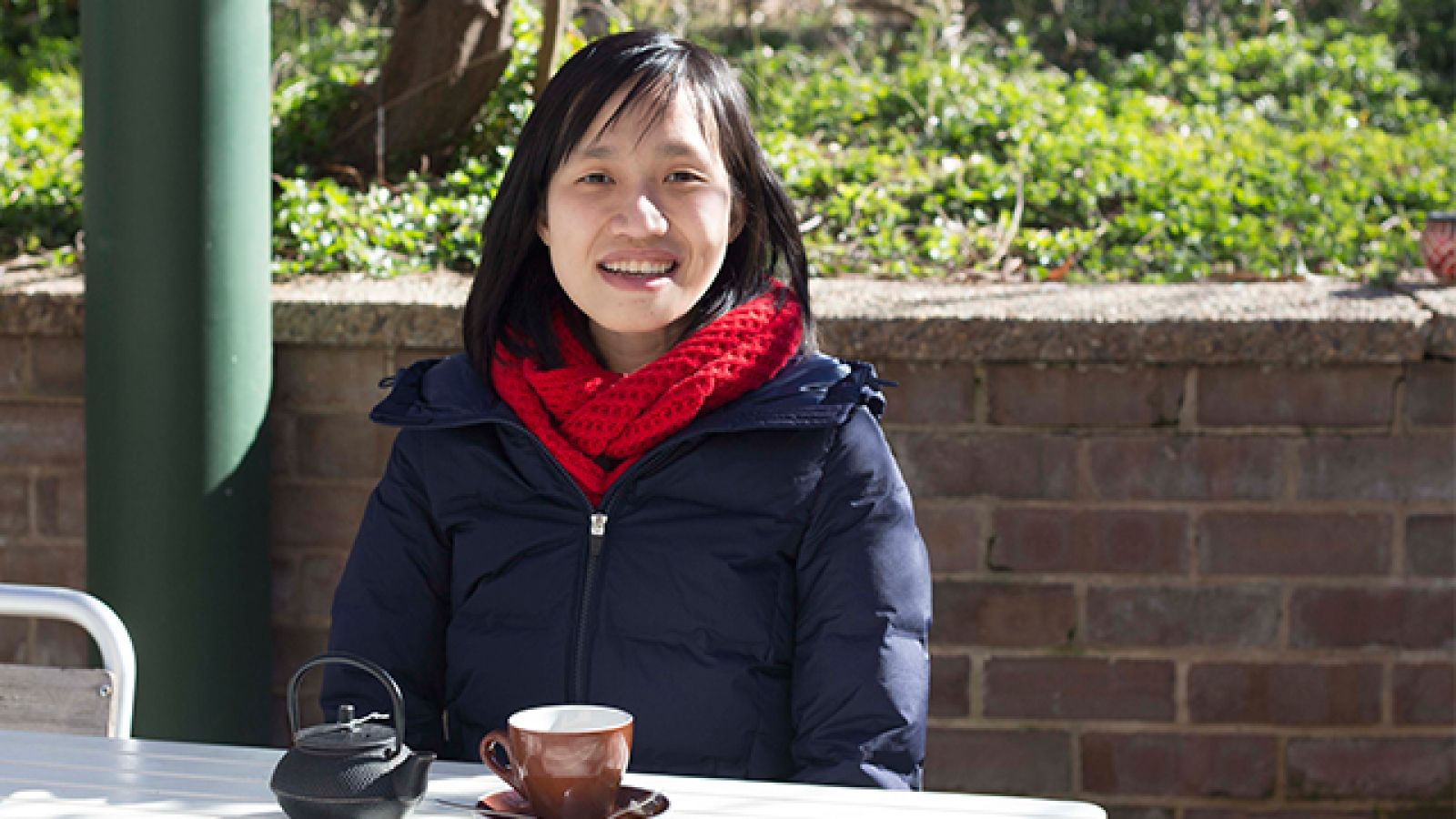Linguistics student awarded PhD scholarship to Cambridge

Master of General and Applied Linguistics (Advanced) graduate Li Nguyen initially had doubts about getting into the ANU.
“I thought maybe I’m not good enough to get into the ANU, so I didn’t even think about applying,” she recalls.
So it was that Li did a Bachelor of Communications at another institution, and stayed on to do her Honours in Communications.
“Halfway through, I discovered all the literature about languages and metaphor and how it impacts on the way people think,” Li says.
“That was really fascinating for me, so I changed my topic to do that.”
It was only after she completed her Honours that she had gained the confidence to seriously consider coming to the ANU. She came in and spoke to then-convenor of Linguistics, Professor Jane Simpson, whom she describes as “the best”.
“She sat down with me and talked through what I did, and explored the options with me.”
“She recognised what I did in my Honours and was happy to give me credit. So that’s how it all started.”
Professor Simpson spoke of Li: “We accepted her because we saw a lot of potential in her.”
“We saw the potential both of what she brought from her previous studies, though not specific to linguistics, and her interest in her own language – the language of her community’s diaspora.”
Li says, “I didn’t have a particular research interest when I started my linguistics Masters. I just had a personal interest in languages and society in general.”
She adds that it was her discussions with people like Professor Simpson and Professor Catherine Travis, head of the School of Literature, Languages and Linguistics, who helped her to refine her research focus.
Her Masters thesis examined bilingual speakers of Vietnamese and English and the way they incorporated – or otherwise – Vietnamese kin terms when speaking English.
“Instead of saying, 'I'm going to school', the speaker would say, 'con' in Vietnamese, which means child, when they're talking to their parents.
“‘Con going to school',” Li explains.
English doesn’t have kin terms when it comes to a speaker referring to themselves or to someone they’re talking to. Instead, we have the value-neutral terms ‘I’ and ‘you’.
“As a result, I was curious to see what would happen when bilingual speakers combine the two languages, with the majority language lacking the kind of devices speakers need to express their relationships with others.”
“Do they use English, do they use Vietnamese, or do they have some sort of weird combination that we haven't explored?”
During her Masters, Li hit a really low point. She spoke about having to transcribe 300 minutes of speech, with each minute of the recording taking 15 minutes to transcribe.
“But Jane and Catherine were really supportive,” Li says.
“That kept me going, because I didn't want to let them down.”
Li completed her thesis as scheduled, and what’s more, landed a full scholarship to do a PhD at the University of Cambridge in England.
“It was the teachers and their encouragement that got me further than what I thought I could do,” Li says firmly.
“They gave me the courage to apply to go overseas.”
Li says that when she came to ANU, she was overwhelmed by how interested the staff were in her work.
“With linguistics in particular, I feel that people didn’t treat me like a student but like a scholar.”
“That was beyond my wildest dreams, being able to study at ANU.”